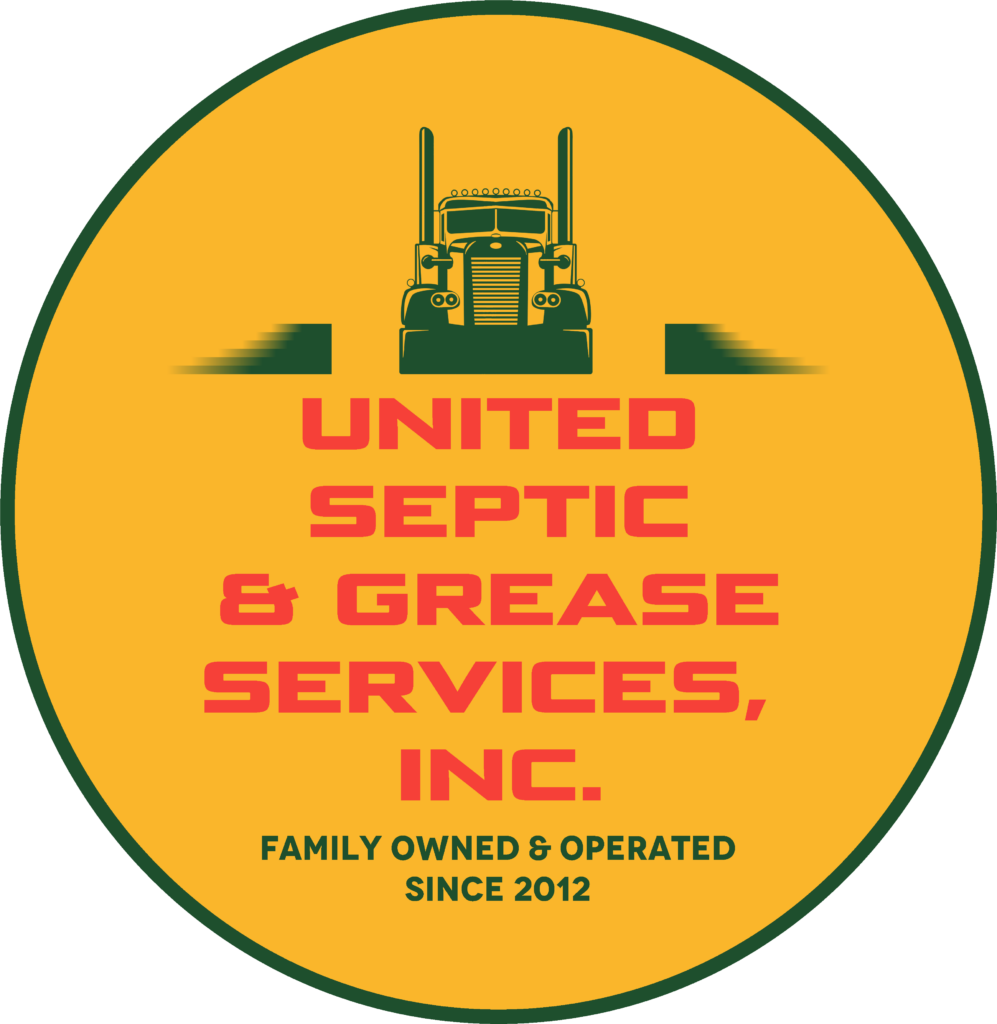SEPTIC DRAIN FIELD PROBLEMS AND REPAIR IN MIAMI: WHAT TO LOOK FOR AND HOW TO GET THE HELP YOU NEED
SEPTIC DRAIN FIELD PROBLEMS AND REPAIR IN MIAMI: WHAT TO LOOK FOR AND HOW TO GET THE HELP YOU NEED
Septic system problems can occur and worsen extremely quickly. Learn how to identify issues with septic drain fields so that you can minimize damage and get the necessary repairs as soon as possible.
When you live in an area that is not connected to a municipal sewer system, your septic tank and system are an essential part of your day-to-day life. As such, it’s vital to keep them in good working order and to deal with any issues that come up as soon as possible.
Septic system drain fields, in particular, often experience issues. Find out what problems to keep an eye out for, and how your local septic repair and service firm can resolve them so that your septic system stays in top shape.
Drain fields are the part of your septic system where organic liquid waste drains out of the Miami septic tank and is treated. After solid waste settles to the bottom of the septic tank, the remaining wastewater passes into perforated pipes. These pipes are covered by a layer of soil and disperse the wastewater over a large area. The wastewater then travels through a layer of gravel, then through a layer of soil. Here, bacteria in the soil filter the wastewater so that it is neutral before it reaches a groundwater level.
One of the main problems that can occur in this field is that the pipes become clogged with solid waste. This often happens if there is too much solid waste in the septic tank. Solids should be removed from a septic tank every three to five years by a professional. You can safeguard the health of your tank by getting your tank and your system inspected every year. That way, you’ll know if you need to pump your tank more (or less) often, and you can take care of any minor septic system repair work as it comes up.
The other major danger is damage to your pipes from above- or below-ground pressure. You should not build, drive, or allow livestock above your drain field. Excess pressure on your pipes can cause them to crack, which will compromise your whole drain field area. Below ground, you need to be aware of intruding roots from trees or shrubs. These root systems will seek out the moisture of the field, so you should never do any planting or landscaping above your drain area. If you have a root problem, your local septic tank service pro should be able to perform appropriate tree root removal that will not damage your system further.
If your Miami drain field is damaged, you will know. There might be unpleasant smells, surfacing sewage, or wet spots in the drain field area: Miami plumbing or septic tank backups: or fixtures that drain more slowly than they should. If you notice any of these problems, contact a septic system service pro immediately. He or she will be able to assess the situation, locate the damage, and propose a plan for repair work. If you catch the issue early, repairs should suffice. If you wait, though, even more extensive damage might result and you could have to dig a new drain or replace your whole septic system.
Your drain field is the unseen hero of your septic system. From root removal to tank clean out, make sure you take care of it so that it will stay healthy and intact for years to come.
In case you need assistance regarding Septic Services, don’t hesitate to get in touch with our proficient team at United SEptic & Grease Services.
IF YOU ARE LOOKING FOR MIAMI-DADE AND BROWARD COUNTY COMMERCIAL SEPTIC SERVICES
THEN PLEASE CALL 305-878-1885 / 954-778-0477 OR COMPLETE OUR ONLINE REQUEST FORM

Autor / Editor : Jonathan Moreno
Jonathan Moreno is a South Florida Digital Marketing expert with over 12 years of experience with passion for creating hight value content to educate and bring value to visitors.
Related Posts
Most Common Septic System Emergencies
United Septic and Grease: This post will discuss the most frequent septic system emergencies, the...
Read MoreExpert Tips for Choosing the Best Grease Trap Cleaning Service
If you own a restaurant, professional grease trap cleaning services will make your kitchen work...
Read MoreDIY vs. Professional Septic Clean Outs
United Septic and Grease: Frequent septic clean out guarantees that your system runs efficiently and...
Read More